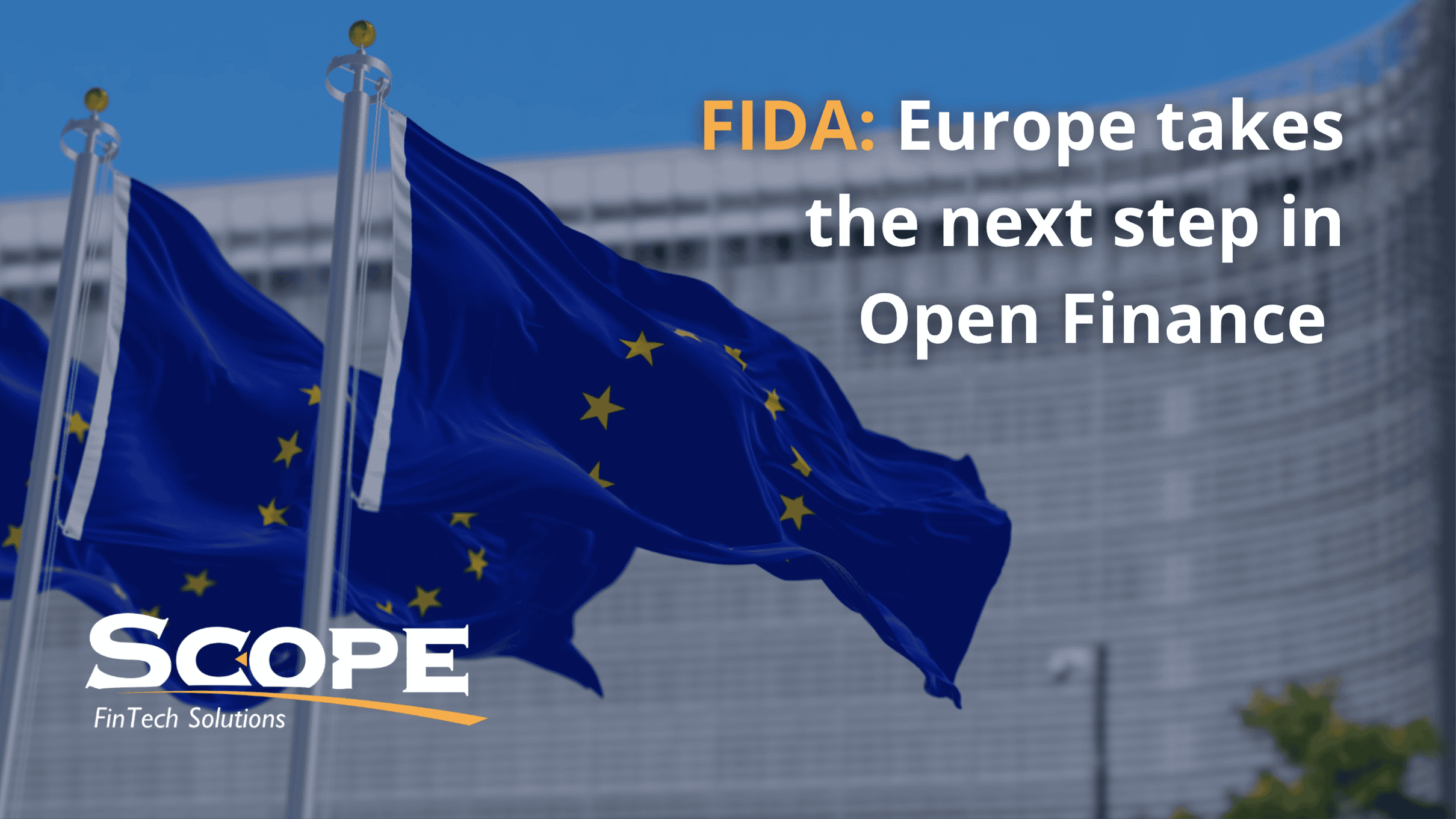What does this mean for your organization - and how do you prepare?
The European Commission is working on new legislation that will have a major impact on the financial sector: FIDA, or Financial Data Access Regulation. This successor to PSD2 extends mandatory access to customer data to a much broader spectrum of financial products, including mortgages, pensions, investments and insurance.
For banks, insurers, pension providers and other financial institutions, this means one thing: action is required, both technical and legal! actie is vereist, zowel technisch als juridisch!
From PSD2 to Open Finance
Whereas PSD2 only covered payment data, FIDA gives consumers the right to share all their financial data with third parties, such as fintechs, budget coaches or financial advisors. But in a secure, transparent and controlled way.
In doing so, FIDA aims to:
- give customers more control over their own data;
- stimulate innovative financial services;
- and combat fragmentation in the sector.
The law is still under development, but is expected to be phased in between 2026 and 2028.
Specifically, what does FIDA mean for your organization?
Map which data is covered by FIDA.
Not only checking accounts, but also information on loans, savings, investments, pensions and certain insurance policies must become accessible to third parties - provided the customer gives permission.
Set up infrastructure for secure data sharing
FIDA requires setting up API’s, permission dashboards, secure access structures and logging. The technology must be transparent as well as manageable - also for the customer.
Establish legally watertight consent
Consents must not only be explicit, but also revocable, traceable and time-bound. You must be able to demonstrate that access is immediately revoked as soon as consent expires.
Make contractual agreements with data users
Unlike PSD2, access under FIDA is not free. Data holders and data users must mutually agree on terms of use and fees.
Collaborate between IT, legal and compliance
FIDA is not a purely technical project. It requires a coordinated approach that focuses on security, governance and customer focus.
What should you do now?
Although FIDA is not yet in effect, it is important to think ahead. Those organizations that prepare now not only build a head start - they also prevent compliance from coming under pressure later.

